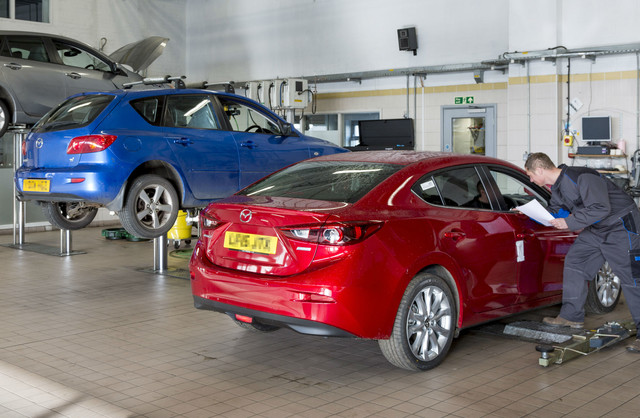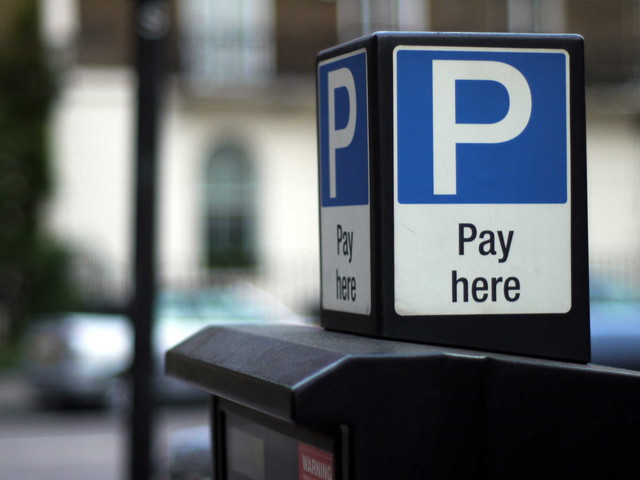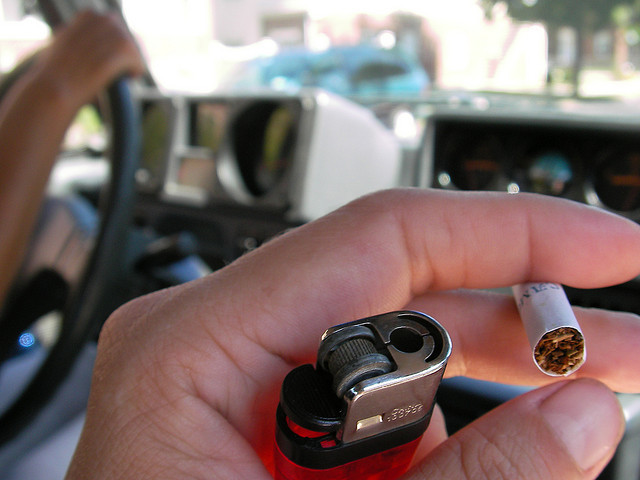October 1st 2015 marked a big day for new laws coming into force, with the date earmarked as a deadline for some important new legislation to be ratified.
Included amongst these are a law which bans the sale of e-cigarettes and e-liquids to under 18s, as well as a legal requirement for landlords to install more smoke and carbon monoxide alarms in properties.
There’s good news for motorists as well, with the introduction of three significant new laws which officially came into force yesterday, and which it’s important that drivers know about.
30 day faulty goods return

Under the new Consumer Rights Act 2015, motorists are now guaranteed 30 days to demand a full refund if they buy faulty goods, a law which extends to buying both new and used cars.
Previously, car dealers were simply obliged to repair the car by replacing a faulty part if the car had a problem, but the new act will finally turn the table in favour of the buyer for the first time.
Any licensed dealer must now provide a refund for the sale price in full if a buyer returns a faulty car within the 30-day period, and it’s hoped this could also squeeze dishonest dealers out of business.
The Consumer Rights Act 2015 also provides extra rights for buyers once the initial period is up, with dealers obliged to replace or repair faulty parts for up to six months after the sale date. Buyers can also demand a reduced price if the dealer doesn’t fix the problem the first time round.
However, Pete Williams, spokesman for the RAC, noted that the responsibility for this is on the consumer, saying: “The responsibility will lie with them if they are to benefit from the new law. This is likely to lead to some difficult disputes between dealers and buyers.”
Parking grace period

Drivers who park their cars in a private car park are now entitled to a ten minute ‘grace’ period after their ticket expires thanks to new legislation introduced yesterday.
Previously, thousands of complaints had been launched by motorists who found themselves on the receiving end of disproportionately hefty fines after overstaying their allocated time by a matter of minutes.
The official regulation says that any penalty issued before the grace period’s expiry will be illegal, unless the vehicle itself is parked unlawfully – for example, if a driver hasn’t paid the right fee or neglected to buy a ticket altogether.
This extends an earlier law introduced in April last year to entitle drivers to a similar ten minute grace period when parking in regulated street spaces or car parks run by councils.
AA president Edmund King said: “At last, we are beginning to see local authority parking enforcement that reflects the realities of modern life.”
It’s hoped that the grace period will make life easier for otherwise innocent drivers who may unintentionally overstay in a car park for reasons like not being able to make it back on time, or struggling with shopping or children.
The policy covers both the end of free parking periods and the end of paid-for time and applies across all of Great Britain in a move similar to a measure already applied to council-owned car parks from April this year.
Drivers have been urged by motoring bodies to ensure that they keep their parking tickets on them as in case that a penalty notice is issued in the post the ticket will provide necessary evidence to support the 10-minute rule appeal.
Ban on smoking in the car with children

It’s now illegal in England and Wales to smoke in a car that’s carrying an occupant aged 18 or under, otherwise drivers face fixed penalty fines of £50.
Introduced as part of the larger Children and Families Act, the ban will apply to anybody smoking in a car or other vehicle with children on board, and not just parents with their kids.
That means that other passengers who smoke will be subject to the penalties, along with workmen with apprentices or employees under 18 travelling in vans, for example.
Chief medical officer for England, Dame Sally Davies, said: “We want children to grow up free from harm and we need parents to understand why smoking in vehicles is so dangerous. 80 per cent of smoke is invisible so even if you think you are being careful you cannot see where the smoke is going.”
The new measures mean that all private cars, with the exception of convertibles with their roofs fully retracted and stowed, will have to be smoke free when children are being carried.
Cars with open sunroofs will still leave drivers liable to fines if there are under-18s aboard, however a 17-year old travelling alone in a private vehicle will not be fined.
The new rules don’t cover e-cigarettes and will only apply to motorhomes, campervans and caravans when they’re on the road as vehicles, and not when they’re parked and being used as living spaces.
A similar law is expected to follow soon in Scotland, although Northern Ireland is still undecided as to whether or not it will introduce the legislation or something similar.



